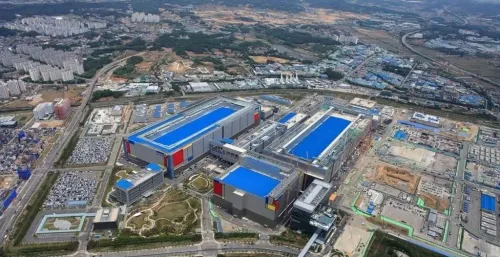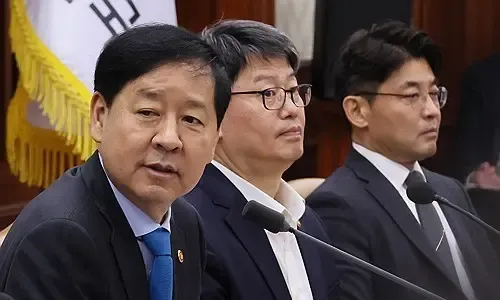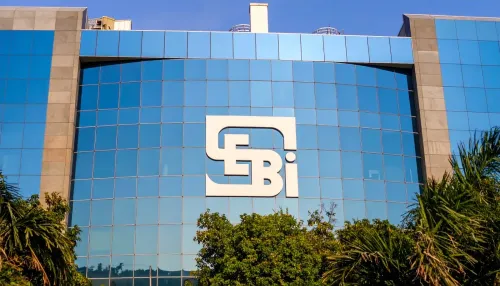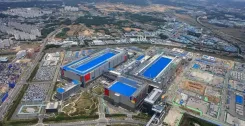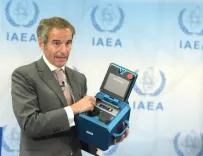How Have US Tariffs Affected Hyundai Motor's Q3 Profits?
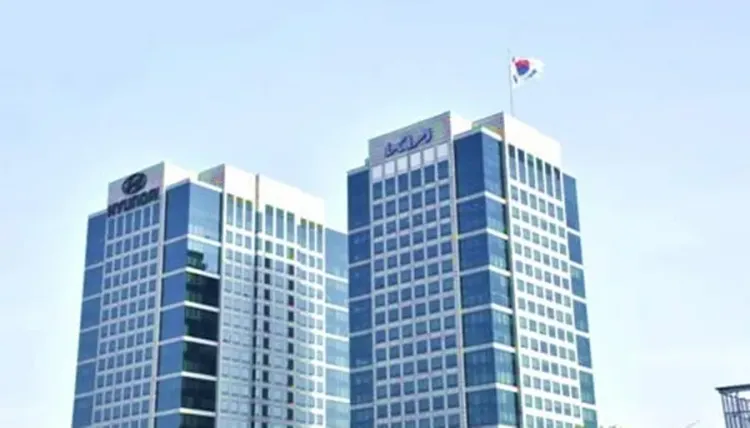
Synopsis
Key Takeaways
- Q3 net profit fell by 20.5% year-on-year.
- US tariffs imposed on imported vehicles significantly impacted earnings.
- Operating profit decreased by 29.1% in Q3.
- Hyundai anticipates a boost from reduced auto tariffs.
- Plans to enhance gasoline hybrid models in response to market trends.
Seoul, Oct 30 (NationPress) Hyundai Motor, the foremost automobile manufacturer in South Korea, announced on Thursday that its net profit for the third quarter plummeted by 20.5 percent compared to the previous year, primarily due to the newly enacted US import tariffs which took effect in April.
The net profit for the three-month period ending in September decreased to 2.54 trillion won (approximately $1.8 billion), down from 3.2 trillion won during the same timeframe last year, as disclosed in a regulatory report.
The company indicated that the U.S. tariffs on imported vehicles have consistently impacted its quarterly earnings since April 2, when the U.S. administration initiated 25 percent tariffs on all imported vehicles, as reported by the Yonhap news agency.
At present, tariffs on South Korean vehicles stand at 25 percent, significantly higher than the adjusted 15 percent imposed on vehicles from Japan and the European Union.
However, on Wednesday, U.S. President Donald Trump agreed to reduce the auto tariffs on South Korean vehicles to 15 percent during discussions with South Korean President Lee Jae Myung, as both parties concluded details of Seoul's $350 billion investment commitment under a broader tariff agreement reached in July.
Hyundai expressed optimism that the reduction in auto tariffs will enable the company to compete more effectively against Japanese automakers and other competitors in the U.S. market.
Operating profit saw a decline of 29.1 percent, dropping to 2.53 trillion won in the third quarter from 3.58 trillion won a year earlier, while sales increased by 8.8 percent to 46.72 trillion won from 42.92 trillion won.
The company noted, "Favorable exchange rates and heightened vehicle sales in key markets like Europe and the U.S. contributed positively to quarterly revenue."
In the fourth quarter, Hyundai plans to augment the share of gasoline hybrid models in its global lineup in response to dwindling demand for electric vehicles (EVs), while also gearing up for aggressive new model introductions next year.
Meanwhile, the Hyundai Motor Group has welcomed the trade agreement between Seoul and Washington, which reduces U.S. tariffs on imported cars from 25 percent to 15 percent, and has committed to further enhancing its competitiveness.
"We extend our gratitude to the government for its dedicated efforts in navigating the challenging negotiation process that resulted in this agreement," the company stated.

